Amanda Church on mental health in prison and after release
Assisted living care provider Amanda Church, who was incarcerated for drug offenses, describes experiences with caring and callous corrections officers, and difficulties of reentry into the community.
By Aditi Debnath | Here & Now
June 18, 2024
VIDEO TRANSCRIPT
Amanda Church:
Some people don't have anybody. And on your release day, you get your boxes, and you are put out on the doorstep. Like if you don't have a place to go, or not. Like that doesn't matter. Like you're being released, figure it out. And you know, they'll give you a bus pass when you leave, if you need one, I think it only goes like so many miles that you can go on it. But yeah, it's not, there's not a lot of resources. I mean, they put resources in the library like all your county stuff that can help you, or whatever. But everything's so full right now. And, there's waiting lists upon waiting lists. There's, even the shelters, you have to pack up at the Salvation Army every day and leave, and then get back in line to get in again that day. So where do you do when you're homeless during the cold at that time? Yeah, there's not much that they give you to work with.
Aditi Debnath:
When you and I talked on the phone a couple of weeks ago, you told me that there are a few different type of staff that work in the DOC. Can you tell about that?
Amanda Church:
Yeah, absolutely. I believe that there's three different kinds. There's like the one that comes there and really wants to help people. Like they see the struggle, they see the brokenness in them and they want to help them, and like build them while they're there. There's the ones, "I just come to work." "Obviously, this is my paycheck, I have family at home, "or I wanna new car. "Like, I don't care about what you have to say." And then, we have the ones that are really out to get you. Like, they make your life miserable while you're there. Like I was seeing, we had this one staff that would call meals. And she would be like, "Okay ladies, go get your free meals." Like just mock us, like pretty much saying we were living off the state. Like here come, "Get your free laundry cleaned." And that, how is that supposed to make somebody feel better about themselves? Like, we're in there trying to focus on our mental health, and like bettering our lives. And then we have people that are like that, that just make you feel like you're a number. They call you by your last name. A lot of times if you go down to the health facilities that they have, like they ask you your number. Like it's not, it's almost like you aren't a person in prison. Nobody uses their first names.
 Passport
Passport




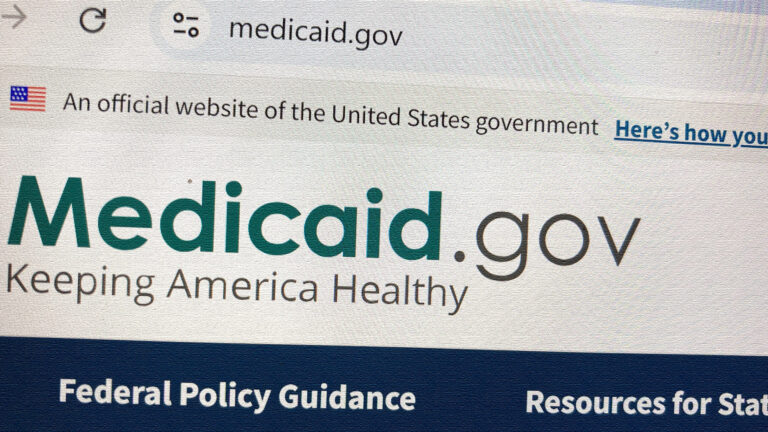
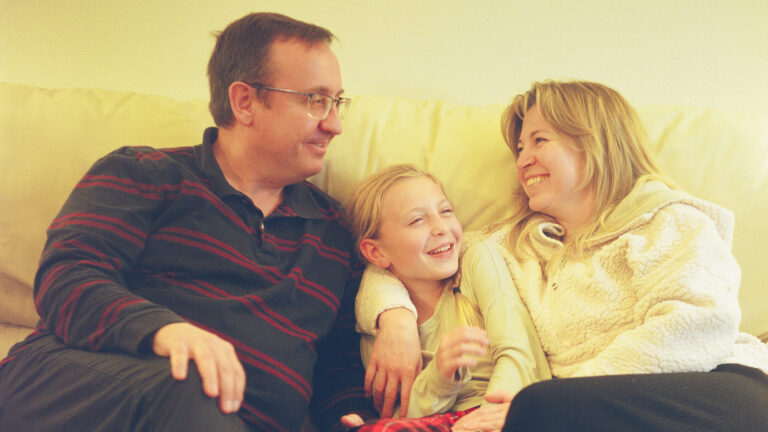
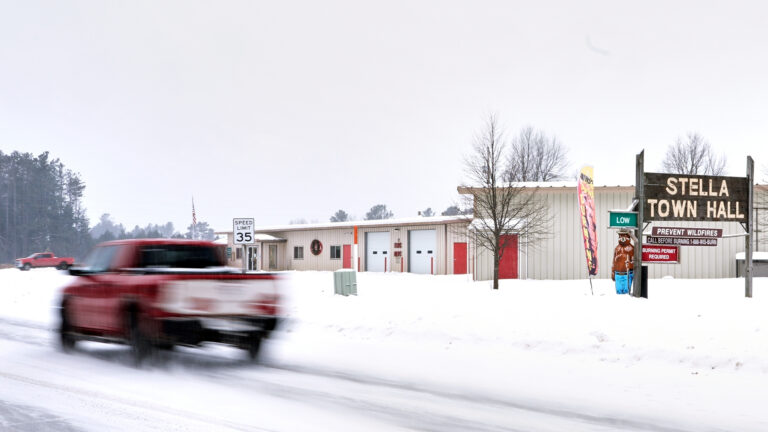
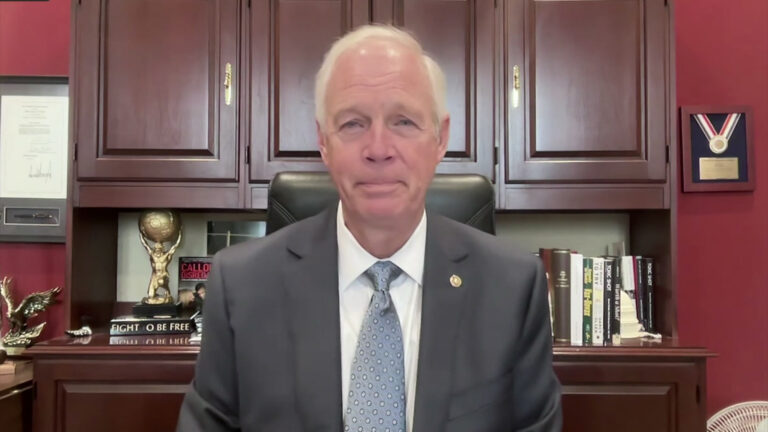
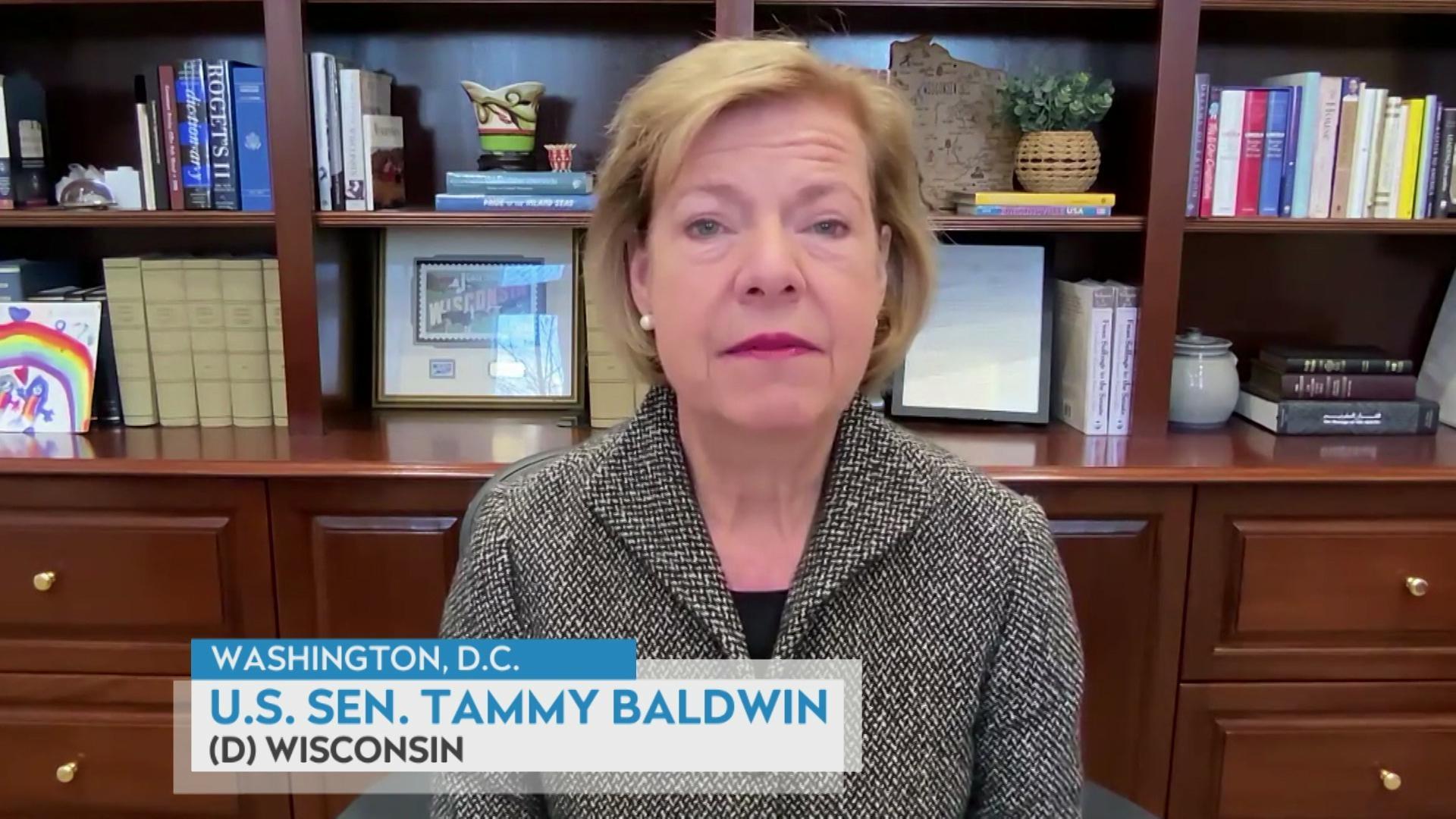
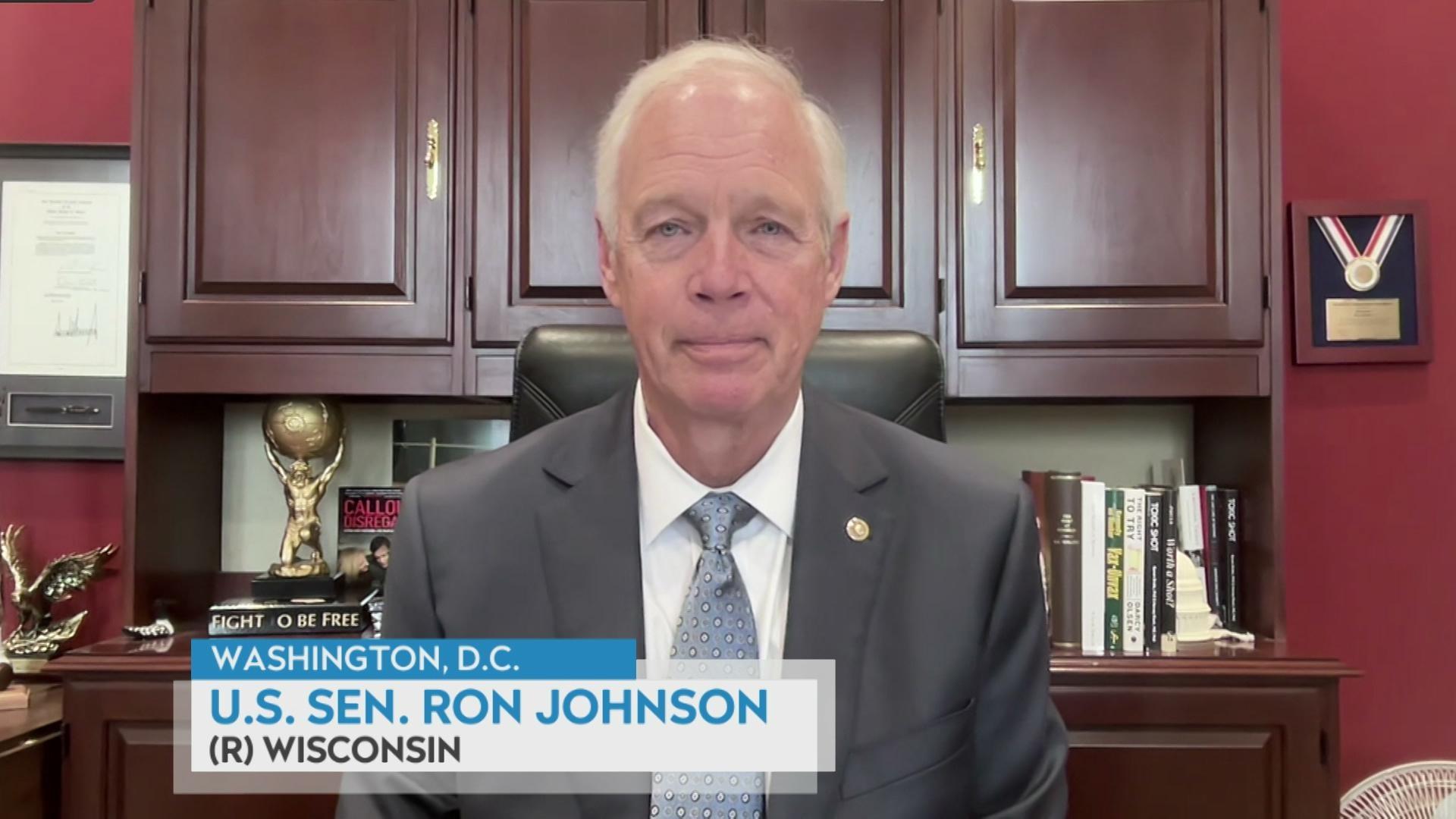

Follow Us